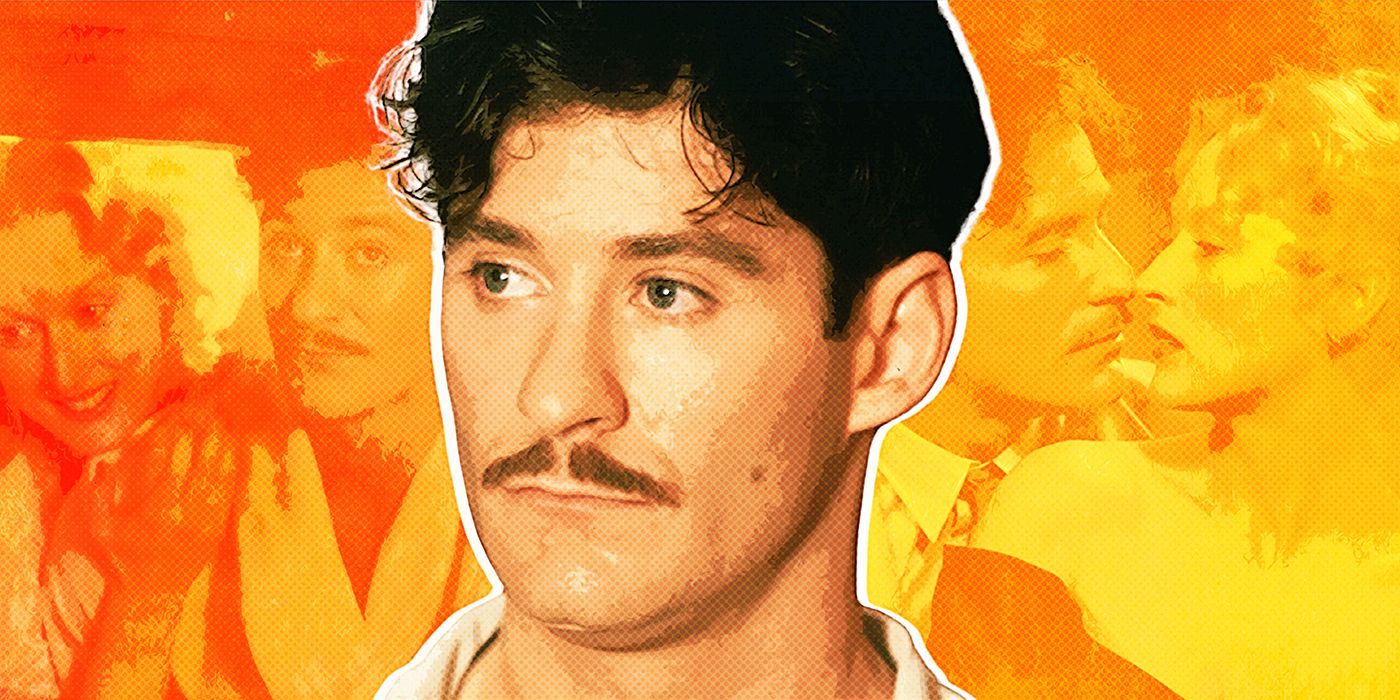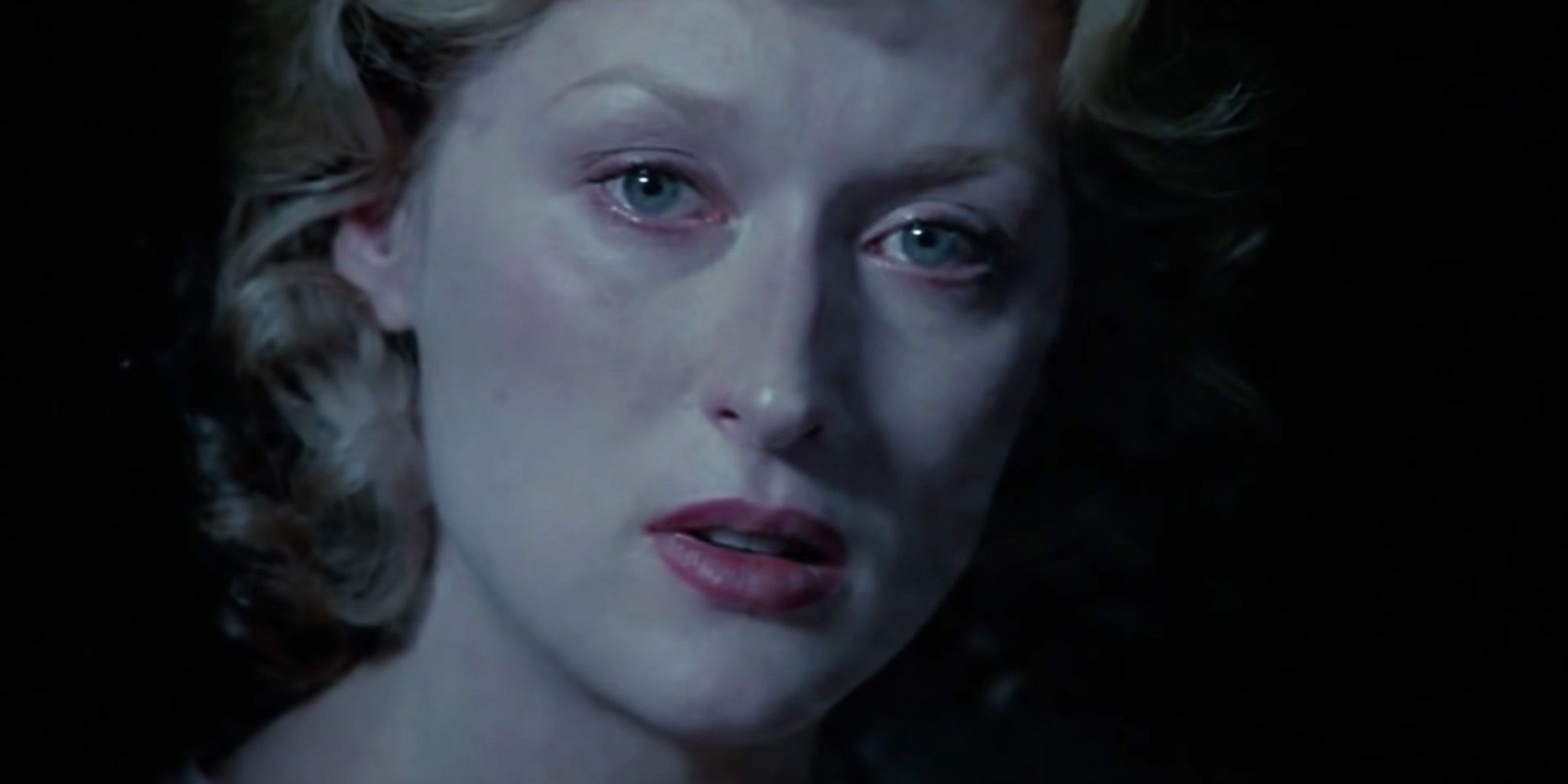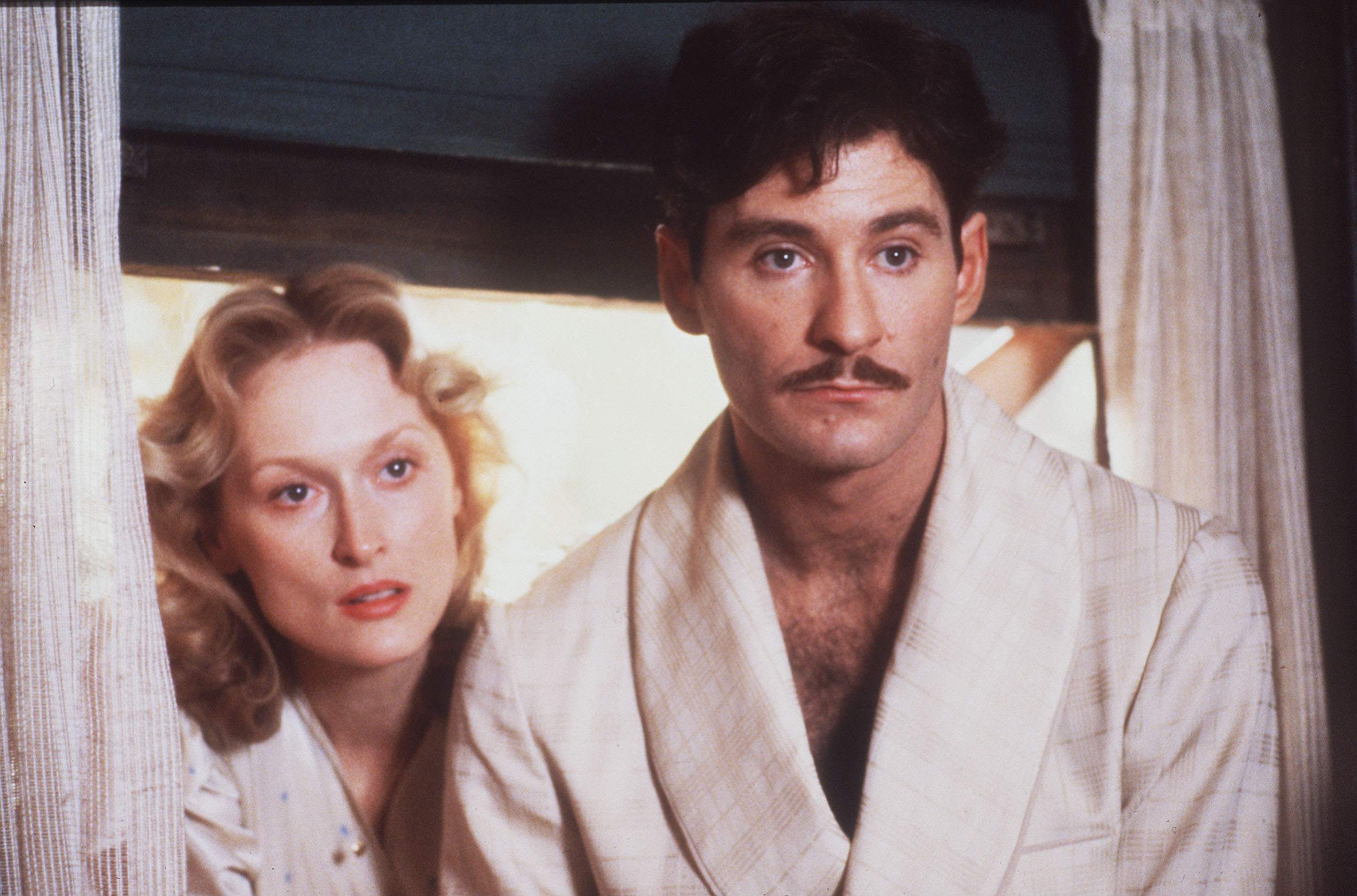Forty years ago, moviegoers were introduced to a lovable alien from beyond the stars in E.T. the Extra Terrestrial, felt lifted by love "Up Where We Belong" in An Officer and a Gentleman, and became reacquainted with one of the twentieth century's great crusaders for peace in Gandhi. 1982 also saw one of cinema's greatest performances committed to film—Meryl Streep as Sophie Zawistowska in Alan J. Pakula's Sophie's Choice, based on the novel by William Styron. While the film is rightfully remembered for Streep's tour-de-force performance—she won her second Academy Award along with a Golden Globe and critics' prizes from New York, Los Angeles, the National Board of Review and the National Society of Film Critics—the film also marks the fiery screen debut of Kevin Kline, who matches Streep at every turn and set himself up well for his own Oscar win just six years later.
Sophie's Choice tells the story of Sophie Zawistowska (Streep), a Polish immigrant living in Brooklyn with her volatile lover Nathan (Kline). We meet the two by way of Stingo (Peter MacNicol), a Southern writer who moves to New York to work on a novel. Nathan is prone to violent mood swings, capable of immense cruelty as well as comfort. Over the course of the film, Sophie reveals her past as a prisoner of Auschwitz. Meanwhile, Stingo learns that Nathan, who initially introduced himself as a pharmaceutical researcher, is in fact a library worker and has been treated multiple times for mental illness. When Nathan believes Sophie has been unfaithful to him, he frightens both her and Stingo over the telephone by firing a gun. The two flee to a hotel, where Sophie reveals her final truth: upon arrival at Auschwitz, she was forced to choose one of her two children to die immediately; she elects to send her daughter to the gas chamber. The next day, Stingo finds that Sophie has returned to Nathan and the two have committed suicide together by ingesting cyanide. At the film's conclusion, Stingo moves to Virginia to finish his novel.
When we first meet Nathan, he's practically foaming at the mouth with cruelty, lashing out at Sophie and belittling her. After he sees Stingo observing them, he mocks the Southerner to his face before storming out into the night. However, the next morning, he pops up at Stingo's window, gentle as can be, apologizing for what previously transpired and inviting him to breakfast. It's a dichotomy that Kline will explore again and again as the film progresses—man versus beast, lion versus lamb—and sets the audience up for a love-hate relationship with the character.
Soon, we see a flashback of Sophie's early days in America. When she collapses at a library from anemia, it is Nathan who comes to her aid, takes her in, and helps her to regain her strength. Here, we see him at his most loving, and it becomes clear why Sophie fell for him. With his debonair good looks, his boyish enthusiasm, and his attentiveness, Kline cuts a striking figure as the hero Sophie has been waiting for. However, it masks a malevolent, resentful, and bitter undercurrent that will sweep in and upend everything.
The viewer is ensnared; we want the best for Sophie, which likely means leaving Nathan, but we also want him to receive the help he so badly needs. His moments of enthusiastic abandon—toasting to life and love on the Brooklyn Bridge, acting a fool at Coney Island—are tempered by his spitefulness and jealousy when he accuses Sophie of being unfaithful or Stingo of seeking to destroy his relationship, both unfounded accusations. It's a rollercoaster of a character arc; Nathan never stays in one frame of mind too long before moving on to the next with reckless abandon. The film's final, devastating scene is inevitable—Nathan is too tortured by her inner demons to continue living in a world of torment, and Sophie too in love with him to let go.
It's difficult to believe this was Kline's feature debut; he's a natural in front of the camera, and a commanding presence in any scene he's in. His exuberance and effervescence is infectious, but he's equally adept at drawing in the viewer to his paranoid delusions and the dark recesses of his unquiet mind. Prior to the film, Kline was a celebrated stage actor, winning two Tony Awards in four years for his performances in On the Twentieth Century and The Pirates of Penzance. For his work in Sophie's Choice, Kline was nominated for a BAFTA for Most Promising Newcomer and a Golden Globe for New Star of the Year. This auspicious debut set in motion an exciting new film career which would see him take on roles in movies like The Big Chill and Cry Freedom before winning the Academy Award for Best Supporting Actor for his work in 1988's A Fish Called Wanda.
There's no denying that Sophie's Choice is Meryl's movie—it's a performance that critics fell in love with and audiences still remember to this day, ranking it one of the top two Best Actress wins in history. But Kline's work here shouldn't be overlooked. He brings depth and vivacity to a character that could easily be played as one-note. Speaking to the New York Times in 1982, he remarked, "He lived with the horror of life; the rest of us are protected by our so-called sanity.'' A tragic figure like so many in the history of great film performances, Nathan is an indelible portrait of a man for whom the world was too much to bear.



